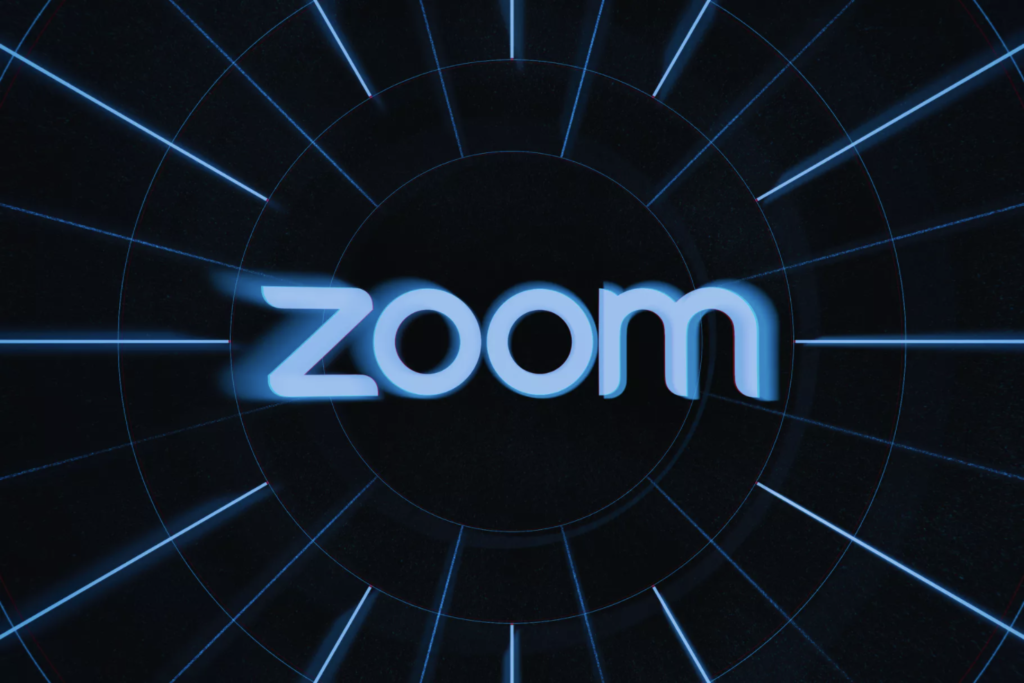The Truths and Myths of Zoom Fatigue

Image Courtesy of The Verge
By Angela Hickey
As we continue to adapt to these uncertain times, many people have decided that workplace meetings, online lessons, and even social gatherings should practically all be held online with the use of video-conferencing, which has brought a new problem many people never expected.
This so-called “Zoom Fatigue,” or the exhaustion one feels after having been on one or multiple video calls a day, has been reported by people all across the country. In response to this pandemic and this unprecedented explosion of online activity, it was further proven what society already knew to be true: virtual interactions are extremely hard on the brain.
According to an article done by National Geographic, this type of exhaustion occurs when the brain is unable to process the non-verbal cues that may come up in an in-person conversation. Without the ability to focus on these physical, non-verbal cues the brain must focus 100% of its capacity on paying attention to the words being spoken, causing the brain to work harder than it usually would during a conversation.
It can also be worsened when viewing video calls in a gallery, or “Brady Bunch” style format. This forces the brain to decode multiple people at once, challenging the brain’s central vision and causes focus to stray from the intended speaker.
“We’re engaged in numerous activities, but never fully devoting ourselves to focus on anything in particular,” said renowned psychologist and assistant professor of cyberpsychology at Norfolk State University Andrew Franklin.
With this style of video-chat, it causes group calls to be less collaborative, causing classes to be less impactful and educational for the students. This prolonged splitting of your attention can create the feeling of being drained after a prolonged period of video-chatting even though it may feel like nothing was accomplished.
With society holding large group meetings indefinitely, many are wondering how exactly it will be possible to fight off this Zoom fatigue. According to an article done by Harvard Business Review, there are multiple ways to combat Zoom fatigue. First and foremost, try to avoid multitasking. Although it may be tempting to try and get multiple things done at once, studies have shown that attempting to multitask can affect your overall performance.
Try to build in breaks for yourself so that you can rest your mind. Taking mini-breaks from the video call, like minimizing the window or just looking away from your computer for a few seconds can give your brain the rest it needs to avoid the strain it may get from an hour-long Zoom call.
Try to reduce any on-screen stimuli that may catch your attention. When you’re on a call with multiple people at once, you aren’t only looking at them but the rooms they’re in as well. So try and pay less attention to their background and maybe, to help others with the same problem, make your background as plain as possible, thereby reducing the amount of strain others may be feeling.
Attempting to retain information while learning primarily online can be difficult, but we’re all doing as well as we can in these uncertain times. This time may seem endless but we’ll all make it through this together.





